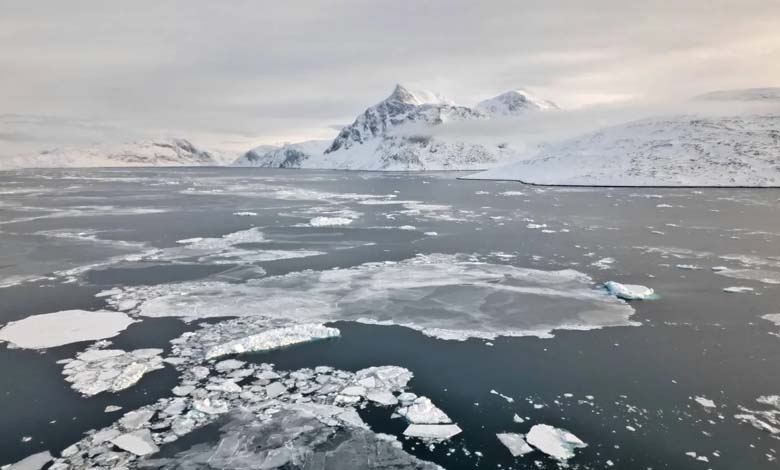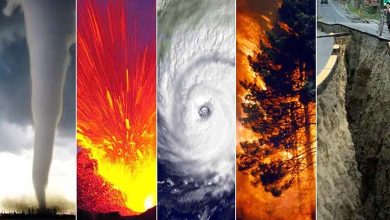Accelerated Glacier Melting Threatens Sea Levels and Freshwater Supplies

A new study has found that glacier melting has accelerated over the past decade, warning that this phenomenon, which contributes to the continuous rise in sea levels, could progress even faster than expected in the future.
Glaciers, which play a crucial role in climate regulation and provide freshwater to billions of people, are melting at an alarming rate due to rising global temperatures caused by human activities.
-
By the End of the Century, the Earth May Lose Its Glaciers
-
Disturbing Discovery: The “Doomsday Glacier” is Heading Towards Collapse
In a first-of-its-kind assessment, an international research team observed a sharp increase in ice loss, with 36% more glacier melt recorded between 2012 and 2023 compared to the period from 2000 to 2011.
On average, approximately 273 billion tons of ice are lost annually—equivalent to the global population’s water consumption for 30 years.
Michael Zemp, co-author of the study published in Nature, described the findings as “shocking” but not surprising, given the ongoing climate warming.
-
Climate Change Forces Italy and Switzerland to Redraw Their Borders
-
High in the Alps… Discovery of Remains of a Man Who Died 22 Years Ago
Since the beginning of the century, glaciers worldwide have lost about 5% of their volume, with significant regional variations, ranging from -2% in Antarctica to -40% in the Alps.
Smaller glaciers are melting at a faster rate, and many of them “will not survive this century,” according to Michael Zemp.
The research was based on field measurements and satellite observations to establish a “benchmark reference.”
-
The Hottest Eight Years on Record: The Impact of Climate Change
-
The world is whistling into the abyss
According to Zemp, the findings indicate that glacier shrinkage is occurring at a faster rate than predicted in the latest report by the Intergovernmental Panel on Climate Change (IPCC).
He told Agence France-Presse: “We are therefore facing a greater rise in sea levels than previously expected by the end of the century.”
This melting will also impact freshwater supplies, particularly in Central Asia and the central Andes.
-
The Secrets of the Indian Ocean: How Was the Longest Underwater Mountain Range Formed?
-
Ocean Warming Rates Have Doubled Since 2005
Glaciers are the second-largest contributor to rising ocean levels, following the thermal expansion of seawater due to global warming.
Scientists estimate that the roughly two-centimeter rise in sea levels caused by glacier melt since 2000 means that nearly four million more people living along coastlines are now at risk of flooding.












